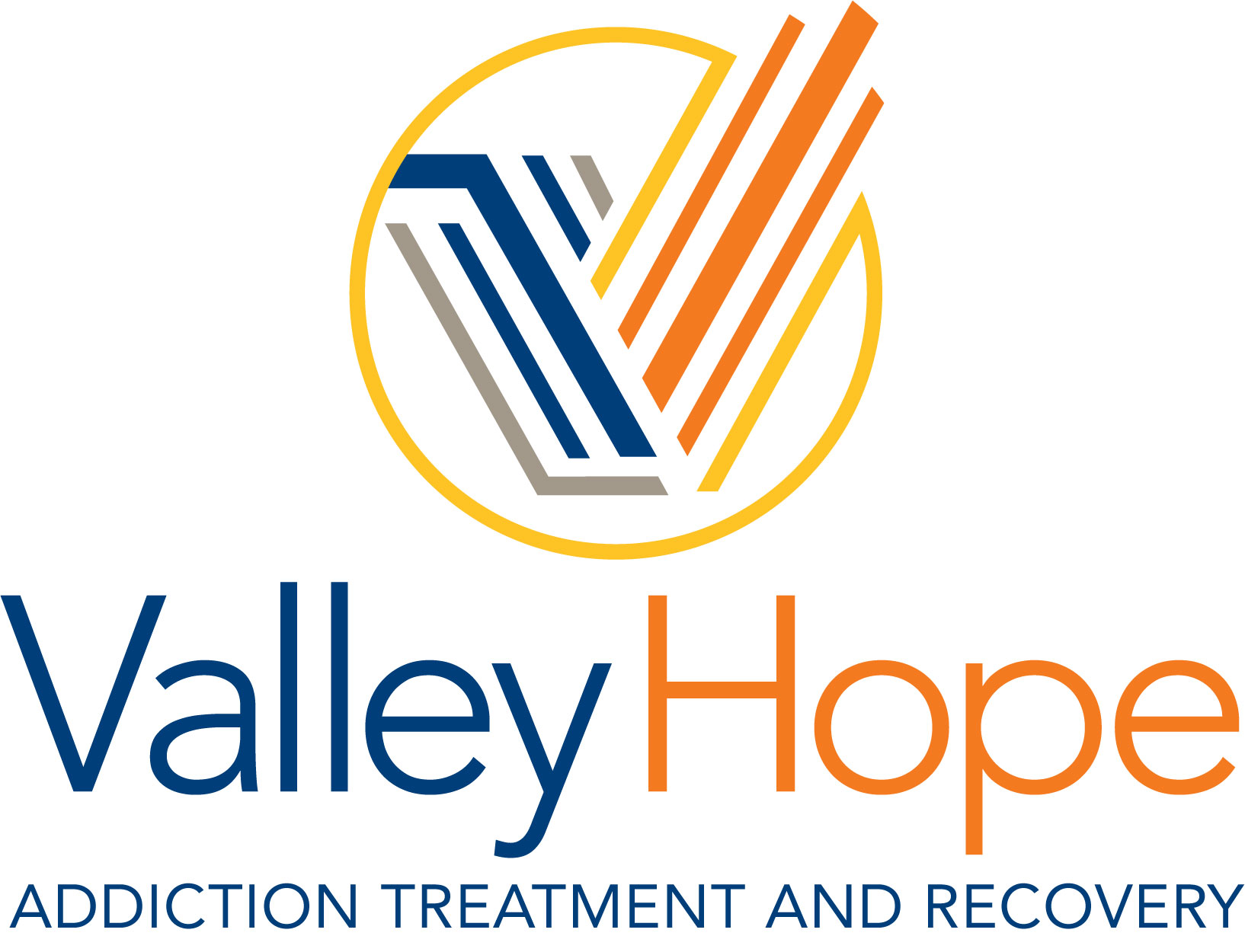Understanding Self-Care in Addiction Recovery
Self-care plays a crucial role in addiction treatment and long-term recovery. Healing from substance abuse is not just about abstaining from drugs or alcohol — it’s about restoring overall well-being. Self-care encompasses physical, emotional, and mental health practices that support a strong foundation for addiction recovery.
By integrating self-care into addiction treatment, patients develop healthier coping mechanisms, reduce stress, and build resilience against relapse. Learning how to take care of oneself is essential for entering sobriety and maintaining recovery, living a rewarding life free from drugs and alcohol.
Why Self-Care is Essential in Addiction Treatment
When someone is in active addiction, self-care is often neglected. Poor nutrition, sleep deprivation, lack of exercise, and emotional distress can take a serious toll on overall health. Addiction treatment provides a structured environment where patients can begin to rebuild these crucial aspects of their well-being.
At Valley Hope, we emphasize self-care strategies that are essential to the addiction recovery process:
- Manage Stress: Stress is a common trigger for relapse. Learning stress management techniques, such as mindfulness, breathing exercises, and relaxation techniques, can help individuals navigate challenges without turning to substances.
- Restore Physical Health: A nutritious diet, regular exercise, and adequate sleep play a major role in recovery. Rebuilding the body’s strength supports mental and emotional healing as well.
- Improve Emotional Well-Being: Therapy, journaling, meditation, and peer support groups provide emotional outlets that contribute to long-term recovery success.
- Establish Healthy Routines: Creating daily habits that prioritize self-care helps reinforce a structured lifestyle, reducing the risk of relapse.
Key Self-Care Practices for Addiction Recovery
Self-care looks different for everyone, but certain practices are particularly beneficial for addiction recovery. At Valley Hope, we encourage the following self-care techniques as part of a holistic treatment plan:
1. Prioritizing Physical Health
A healthy body supports a healthy mind. Regular exercise releases endorphins, which naturally improve mood and reduce stress. Proper nutrition fuels the body with essential nutrients that aid in healing from the physical effects of addiction.
Additionally, maintaining a consistent sleep schedule allows the body and mind to recover and function optimally.
2. Developing Healthy Coping Strategies
Coping with cravings and emotional triggers is a key aspect of addiction treatment recovery. Engaging in activities such as meditation, deep breathing, yoga, and creative hobbies can provide alternative outlets for stress and anxiety.
Cognitive-behavioral therapy (CBT) and group therapy, provided during the Valley Hope treatment experience, also help patients reframe negative thought patterns and develop healthier responses to challenges.
3. Building a Support Network
Connecting with others who understand the recovery journey is essential. Support groups including Valley Hope’s Alumni Community and 12 Step programs offer a sense of community and accountability. Spending time with supportive family and friends also reinforces motivation and encouragement.
4. Practicing Mindfulness and Gratitude
Mindfulness helps individuals stay present and aware of their thoughts, emotions, and actions. This practice can reduce impulsive behaviors and enhance self-awareness. Keeping a gratitude journal, where one reflects on positive aspects of life, can shift focus from past struggles to future opportunities.
5. Engaging in Meaningful Activities
Discovering and participating in activities that bring joy and fulfillment is crucial in recovery. Whether it’s art, music, volunteer work, or spending time in nature, engaging in positive activities helps replace past destructive habits with healthier, purpose-driven pursuits.
How Valley Hope Supports Self-Care in Recovery
At Valley Hope Addiction Treatment and Recovery, our comprehensive addiction treatment programs incorporate self-care principles to ensure individuals receive well-rounded support throughout their recovery journey. From detox and residential care to outpatient programs and alumni services, we prioritize holistic healing that fosters physical, mental, and emotional well-being.
Our compassionate team of clinical experts work with patients to build personalized treatment plans that include:
- Evidence-Based Therapies: Cognitive-behavioral therapy, individual counseling, group therapy, family care sessions that address emotional well-being.
- Wellness and Nutrition Guidance: Nutritious meals, recreational options, and education on healthy lifestyle habits.
- Relapse Prevention Strategies: Coping skills training, stress management, and aftercare planning to support long-term recovery.
- Peer Support and Community Building: Group therapy, 12-Step facilitation, and alumni networks to foster a sense of belonging and accountability.
Embracing Self-Care for Lasting Sobriety
Recovery is a lifelong journey, and self-care is an essential part of sustaining a healthy, sober life. By prioritizing physical health, managing stress, developing supportive relationships, and engaging in meaningful activities, individuals in recovery can build a strong foundation for long-term success.
At Valley Hope Addiction Treatment and Recovery, we empower patients to embrace self-care as a vital component of their healing process. If you or a loved one is struggling with addiction, we are here to help. Reach out today to learn more about our treatment programs and take the first step toward a healthier, happier future.
Start your journey to recovery with Valley Hope — where hope and healing begin.











